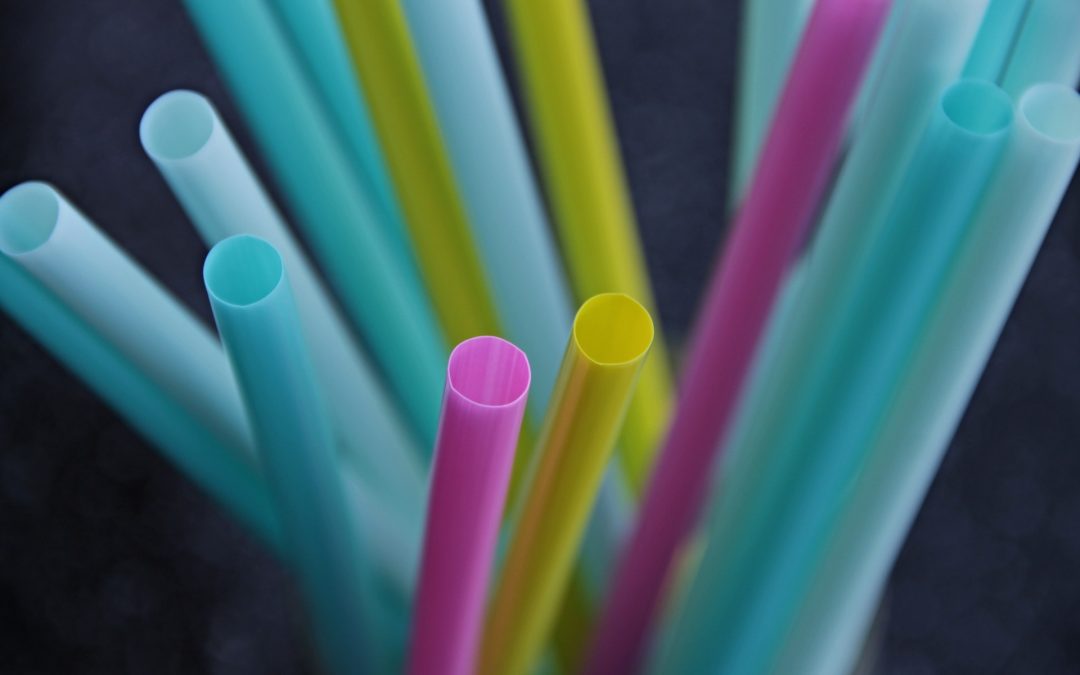The last few years has seen a shift in the hospitality industry’s attitude to single use plastic items. According to EHL, the hospitality management school, based in Lausanne, Switzerland, from plastic straws to the complete elimination of single-use plastics, more and more in the hospitality industry are opting to create a sustainable travel experience.
The EHL adds: “Many major corporations and businesses are opting to ditch single-use plastics from their day-to-day operations and the hospitality space is no different. Hotels and airlines find themselves with a unique opportunity to really impact the effects of global plastic consumption as they often provide disposable products at mass scales.
Many major players in the hospitality industry have already eliminated plastic straws, while others have opted to phase out single-use plastic products entirely.”
On 22 May, the UK Government announced that, following an open consultation, a ban on the supply of plastic straws, drinks stirrers and cotton buds will come into force in April 2020. The ban will include exemptions to ensure that those with medical needs or a disability are able to continue to access plastic straws.
Catering establishments such as restaurants, pubs and bars will not be able to display plastic straws or automatically hand them out, but they will be able to provide them on request.
In England, it is estimated that annually we use 4.7 billion plastic straws and 316 million plastic stirrers.
“Urgent and decisive action is needed to tackle plastic pollution and protect our environment,” said Environment Secretary Michael Gove. “These items are often used for just a few minutes but take hundreds of years to break down, ending up in our seas and oceans and harming precious marine life. I am taking action to turn the tide on plastic pollution and ensure we leave our environment in a better state for future generations.”
It is estimated there are over 150 million tonnes of plastic in the world’s oceans and, every year, one million birds and over 100,000 sea mammals die from eating and getting tangled in plastic waste. A recent report estimates that plastic in the sea is set to treble by 2025.
Also in May, the European Union formally adopted a plan to ban a longer list of items, including plastic straws, plastic cutlery and plastic plates by 2021.
Here at PSE Associates, we have noticed over the past few years that our clients are becoming increasingly aware of their commitment to the environment. Not only are they moving away from single-use plastics but during refurbishments and extensions, they are asking questions about the materials used in the building. Also, not only are they buying their food and drink produce locally but also specifying local suppliers for building materials.
In our own office, we recycle whenever we can and have also installed LED lights which automatically switch off when rooms are not in use.
PSE Associates provides traditional professional Quantity Surveying and Project Management services to many brand leaders in the leisure, retail and commercial sectors.
